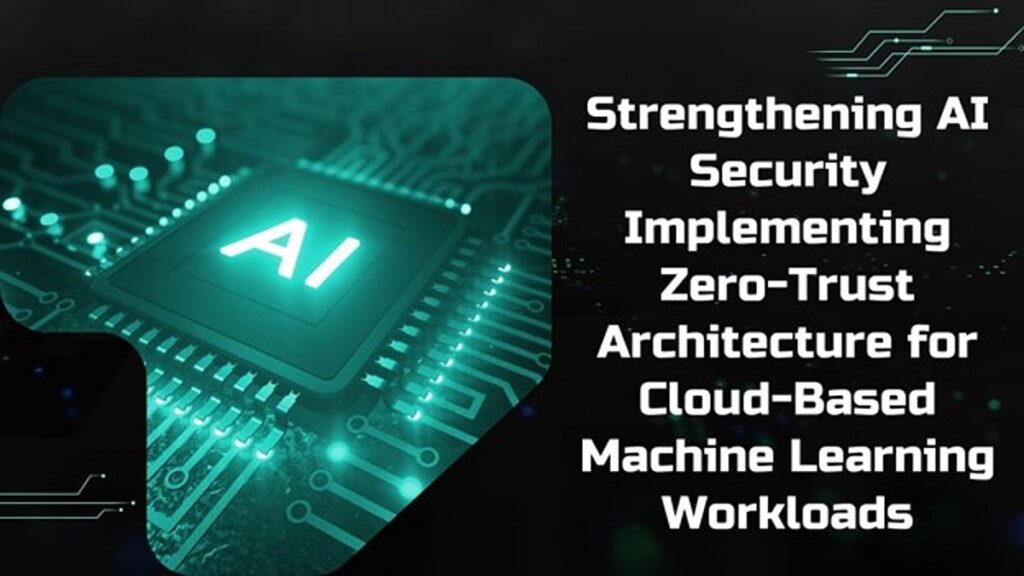The evolution of zero trust in AI security is driving advances in:
●Edge AI Security: Handling workloads close to the source reduces the attack surface.
●Federation learning: Decentralized AI training enhances data privacy while minimizing transfers.
●Quantum-resistant cryptographic encryption: Next-generation encryption protects your AI workloads from future quantum threats.
In conclusion, AI has a demand for security beyond traditional defense. The Zero Trust model ensures strict access control, data protection, and threat detection. By adopting Zero Trust, organizations reduce security risks, improve efficiency and enhance compliance. As Srinivas Reddy Cheruku highlights, the future of AI security lies in an adaptive, intelligent, identity-driven architecture that evolves with new threats, ensuring the resilience of cloud-based AI environments.



